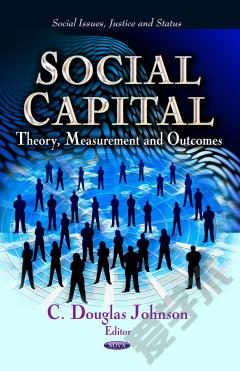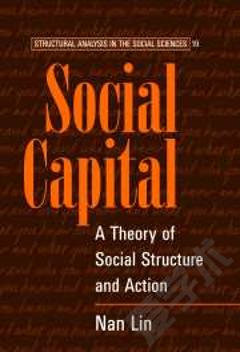Social Capital: Theory, Measurement and Outcomes
If relationships are the foundation on which social capital is built, then individuals are the stars at the center of the construct. From there, the linkages are made to either bond or bridge individuals in an interconnected fashion. As connections form, the depth and breadth of one’s social capital changes, this may prompt a shift in perspective that offers new and unique “illuminations” or experiences. While most would agree that social capital emerged out of sociology, it has been extended and has become a core concept in many other disciplines, such as economics, business, political science, social work, health, etc. This collection, "Social Capital: Theory, Measurement and Outcomes", is illustrative of that growth as the contributions represent a range of disciplines, methodologies, samples of diverse backgrounds, and conclusions. Taking an “eye of the beholder” approach in conceptualizing social capital can be problematic, and caution should be exercised in ensuring that the construct does not become so divergent that its relative importance is lost. Using seminal works that have had a major impact on the construct development and popularity, the beauty of the book is its multidisciplinary, multilevel, mixed-methods, global approach to examining social capital.
{{comment.content}}








 京公网安备 11010802027623号
京公网安备 11010802027623号